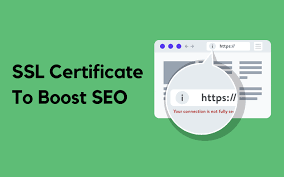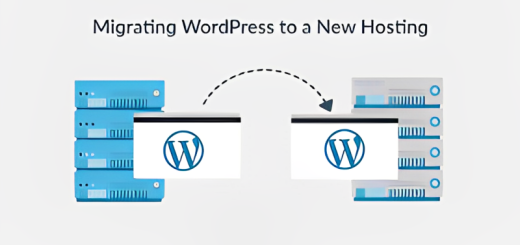Safeguarding Your Digital Citadel: Essential Web Hosting Security Practices

In the expansive online realm, your website serves as more than a mere storefront—it’s a digital reflection of your identity. Prioritizing its security is paramount. Let’s delve into crucial web hosting security practices, enhancing your site’s resilience against potential threats while optimizing for search engine prominence.
1. Opt for a Trusted Hosting Partner: Initiate your security journey by selecting a hosting provider with a solid reputation, robust security measures, and a commitment to staying ahead of evolving cyber threats.
2. SSL Encryption as Standard: Encrypting data in transit is non-negotiable. Elevate your site’s security and SEO ranking by implementing SSL certificates, fostering trust among users and search engines alike.
3. Stay Current with Software Updates: Outdated software invites cyber threats. Regularly update your content management system (CMS), plugins, and other components to patch vulnerabilities and fortify your website’s defenses.
4. Deploy a Web Application Firewall (WAF): A Web Application Firewall serves as a virtual barricade against malicious traffic, filtering out suspicious requests and safeguarding your site from common cyber threats like SQL injection and cross-site scripting.
5. Regular and Reliable Backups: Prepare for unforeseen circumstances by routinely backing up your website data. Quick data recovery and minimal downtime become possible in the face of security breaches or data loss.
6. Enforce Strong Password Policies: Strengthen your defense against unauthorized access by encouraging or enforcing robust password practices for all users interacting with your website.
7. Continuous Monitoring and Auditing: Vigilance is key to proactive security. Implement monitoring tools to track user activity, identify anomalies, and receive real-time alerts, enabling swift responses to potential threats.
8. Educate and Train Your Team: Mitigate human error by educating your team on security best practices, promoting awareness about phishing threats, and emphasizing the importance of maintaining a security-conscious mindset.
9. Fortify File Upload Security: For websites allowing file uploads, implement stringent security measures. Employ file type verification, establish file size limits, and integrate antivirus scanning to prevent malicious file uploads.
10. Multi-Layered DDoS Protection: Shield your website from Distributed Denial of Service (DDoS) attacks with comprehensive DDoS protection services. Ensure uninterrupted access to your site by mitigating the impact of sudden traffic floods.
11. Two-Factor Authentication (2FA): Enhance access security by implementing Two-Factor Authentication for critical accounts. This additional layer ensures that even compromised passwords may not grant unauthorized access.
12. Regular Security Audits: Conduct periodic security audits to identify and address potential vulnerabilities. Proactive measures go a long way in maintaining the integrity of your website’s security posture.
By integrating these expanded web hosting security practices, you aren’t just safeguarding data; you’re fortifying your digital presence against the dynamic landscape of cyber threats. Let your website stand as a testament to your unwavering commitment to digital safety—secure, resilient, and ready for the challenges of the digital age.









